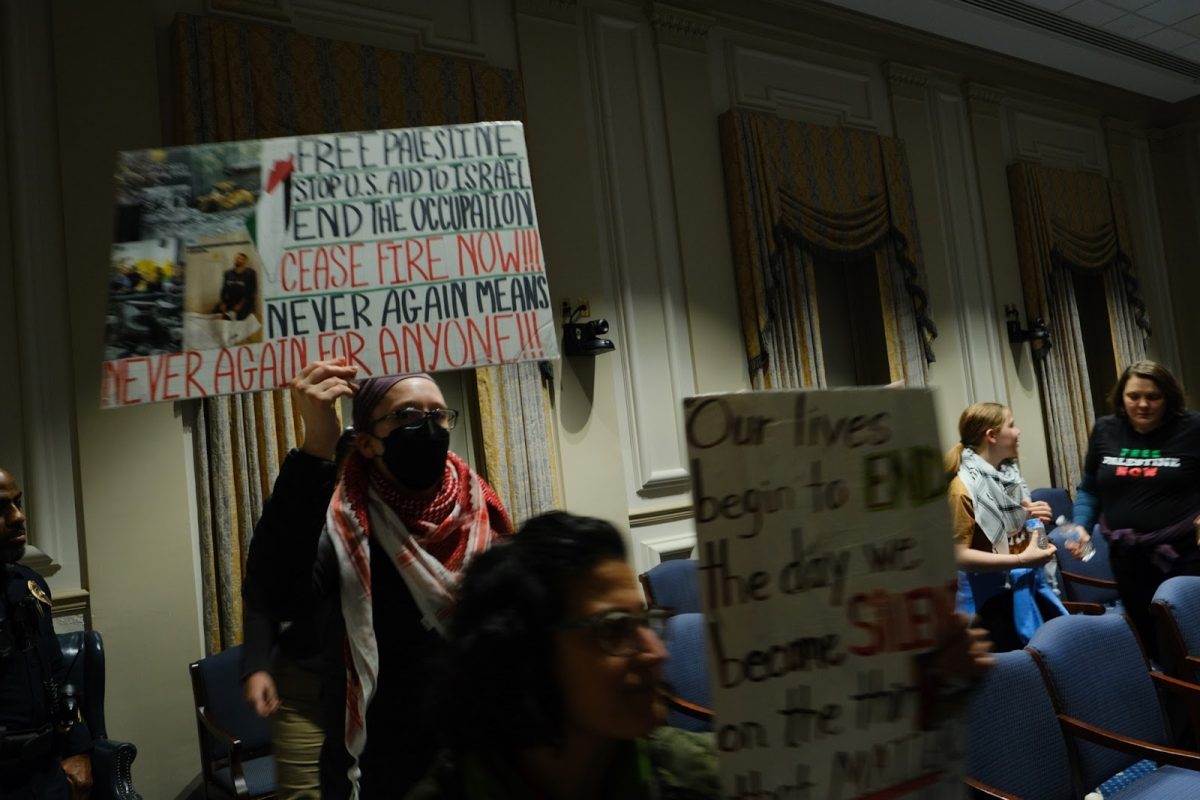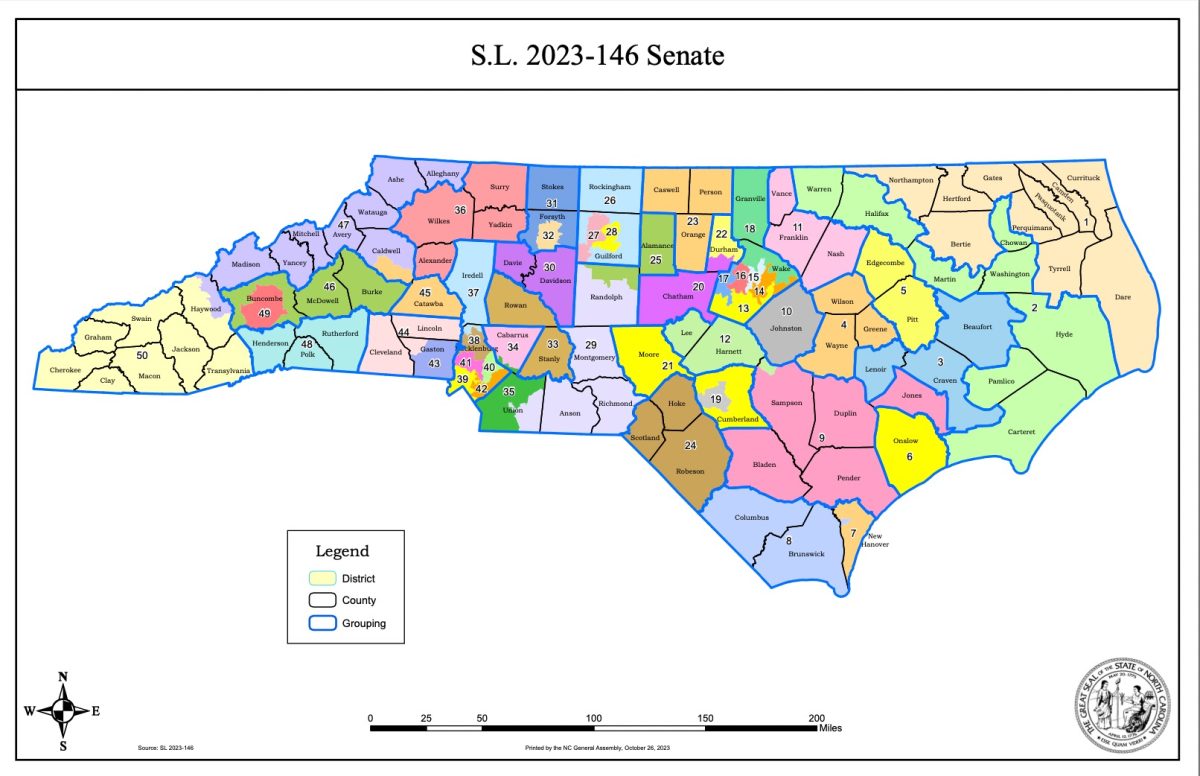On March 25, Winston-Salem mayor Allen Joines issued a “stay-at-home” order effective Friday, March 27, at 5 p.m. The call to stay at home came from a concern over an increase in transmission and number of COVID-19 outbreaks within the community. As of now, the order will last until April 16; however, the date is subject to review and amendments depending on the course of the pandemic.
A stay-at-home order tells residents to do exactly that — stay at home. It limits all non-essential activity, which exempts purchasing necessities like groceries, taking care of family and friends, outdoor activity like biking or hiking, individuals seeking medical services or supplies and individuals like healthcare workers whose jobs provide essential services or products.
As Joines followed many other states’ decisions to take a more aggressive stance to combat the COVID-19 outbreak, the lives of Winston-Salem residents have changed, including some students who remain in off-campus housing.
“Many of my friends have chosen to stay in Winston-Salem due to the conditions being safer here than in their hometowns,” said senior Blair Huntley, who has remained in her off-campus residence since March 12. “For the most part, I only leave the house to go outside or go to the store. All of my friends here have taken it seriously and try to remain home as much as possible.”
The order issued in Winston-Salem preceded North Carolina Governor Roy Cooper’s stay-at-home order, which was called on Friday, March 27, and effective on Monday, March 30, at 5 p.m. When the order was called, North Carolina had 763 confirmed cases in over 60 counties with three people dead due to the virus.
“To continue our aggressive battle against COVID-19, I have signed a Stay at Home Order for the entire state of North Carolina,” Cooper said in a press release issued by the North Carolina Department of Health and Human Services. “Though it is difficult, we must do this to slow the disease spread. We need our medical system to be able to care for the friends and family we know will become seriously ill from the virus.”
As a result of the orders issued by Joines and Cooper, President Nathan Hatch notified the Wake Forest community that the university will not resume in-person classes for the rest of the semester and has asked students whose belongings remain on campus not to travel back to Winston-Salem.
“The university asks students and families NOT to travel to our Winston-Salem campus to retrieve personal belongings,” said Hatch in the email. “This order is in addition to the ‘stay at home’ order issued earlier in the week by the mayor of Winston-Salem. These orders restrict travel and activities throughout the state with exceptions for essential activities as defined by these orders.”
According to Hatch, the university will send an update “on or before” April 30 with information about travel to Winston-Salem and storage options for belongings left on campus.
With few students on campus and a stay-at-home order limiting outside activity, Winston-Salem looks very different.
“Winston-Salem seems kind of like a ghost town,” said senior Elizabeth Bunn, who is currently residing in an off-campus residence. “People in Winston-Salem are taking it very seriously. There are rarely any cars out on the streets, and almost everyone I see at the grocery store and pharmacy are keeping their distance and have gloves or masks on.”
As the country continues to battle COVID-19, many governors have issued stay-at-home orders to protect their citizens and slow the spread of the disease. However, it does not come without a toll to the residents.
“Obviously, everyone wants everything to go back to normal but extreme precautions have to be taken seriously in order for that to happen,” Bunn said. “Knowing that we won’t see many people that we used to see day-to-day is disheartening and many of us have really not come to terms with it yet, which is extremely difficult. Sometimes it can feel like there is no end in sight.”
The COVID-19 pandemic is affecting more people everyday and changing the normal lives of citizens in every state. The stay-at-home order is one of the most aggressive precautions yet taken by the state of North Carolina and Winston-Salem to curb the increasing rate of infection. While it is difficult for people to adjust to primarily indoor lifestyles, government leaders see it as the best way to slow the spread.













